Showing 196-209 of 209 results
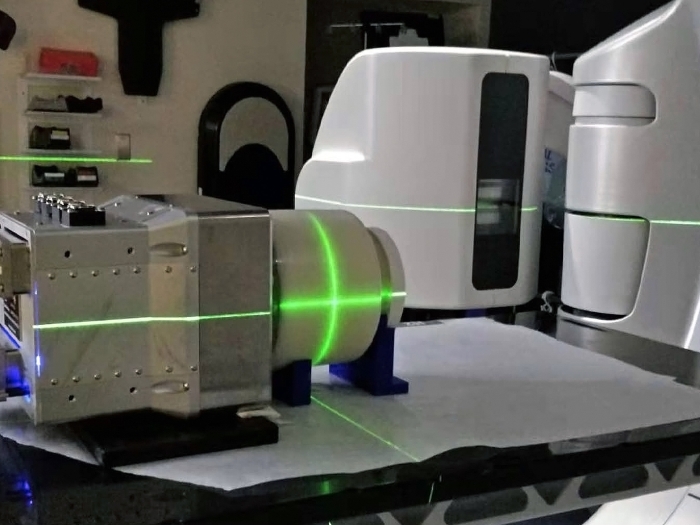
Health Lab
Radiation, used to treat half of all cancer patients, can be measured during treatment for the first time with precise 3D imaging developed at the University of Michigan.
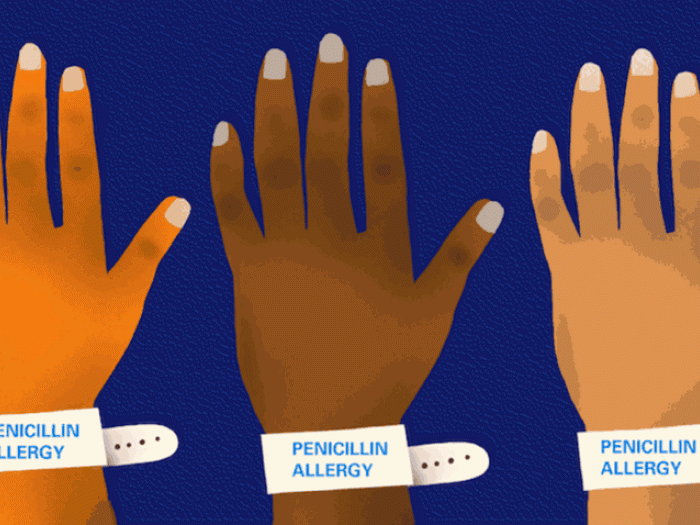
Health Lab
A new program is finding many diagnosed in childhood with antibiotic allergies are no longer allergic after retesting

Health Lab
The year provided one fascinating research story after another.

Health Lab
In mouse models and serum samples, an FDA-approved drug that lowers ammonia levels made the tumors more sensitive to treatment.

Health Lab
Patients with APS have concerns about their ability to function normally, even when their blood work and clinical visits appear normal.
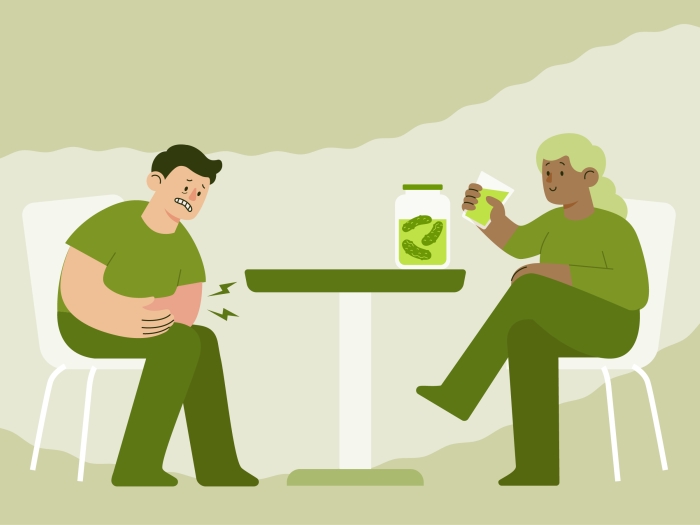
Health Lab
Liver experts examine the effects of pickle juice on both muscle cramping and quality of life.
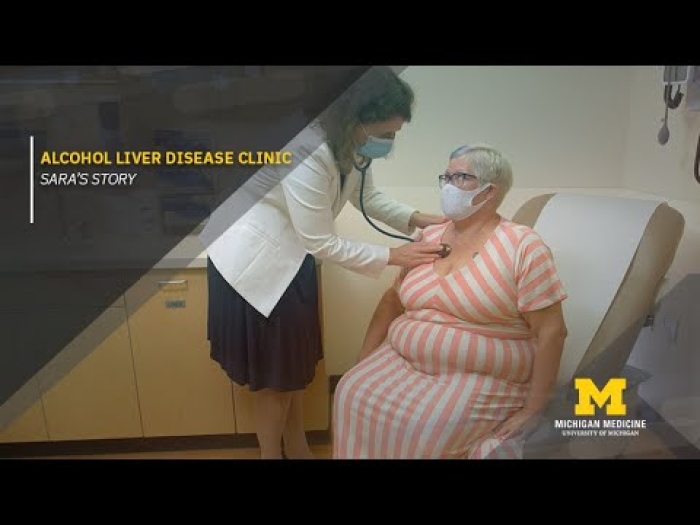
Health Lab
Alcohol-related liver disease is becoming more common in younger people, as 38-year-old Sara Nabors learned first-hand. Through innovative care from Michigan Medicine experts, she has taken her life back.

Minding Memory
In this episode we talk with Dr. Ken Langa about the implications of identification of “preclinical” Alzheimer’s disease (situations where individuals may have biological signs of Alzheimer’s but no symptoms). Ken is a leading dementia researcher and our discussion focuses on an article he published called “Preclinical Alzheimer Disease – Early Diagnosis or Overdiagnosis” that was published in JAMA Internal Medicine. In his article co-authored with Dr. Jim Burke, he brings up some of the potential indirect effects of early detection.

Minding Memory
In this episode we introduce ourselves and provide an overview of the Minding Memory Podcast. This podcast is supported by the Center to Accelerate Population Research in Alzheimer’s (CAPRA) at the University of Michigan. Our guest this week is Dr. Julie Bynum. Julie is the director of CAPRA and we talk briefly about what the NIH-funded research center is and how to get involved.

Health Lab
Preventive services such as mammograms, birth control, immunizations and colonoscopy have no out-of-pocket costs under the Affordable Care Act.

Health Lab
A liver transplant recipient spends 40 days in the ICU at Michigan Medicine and recovers. He shares how his wife and a familiar doctor helped him survive.

Health Lab
A new model analyzes a wealth of information to better predict which patients are more prone to the dangerous infection.
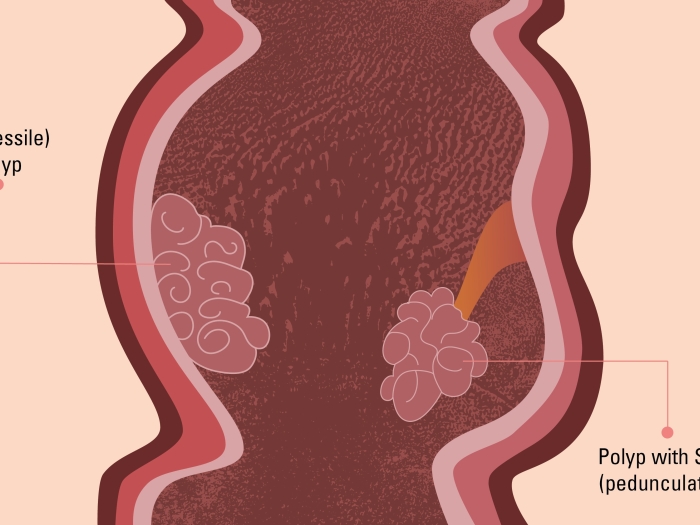
Health Lab
Colon and rectal polyps occur in 25 percent of people 50 and older. Learn the different types of colon polyps, colon polyp symptoms, & colon polyp risk factors.